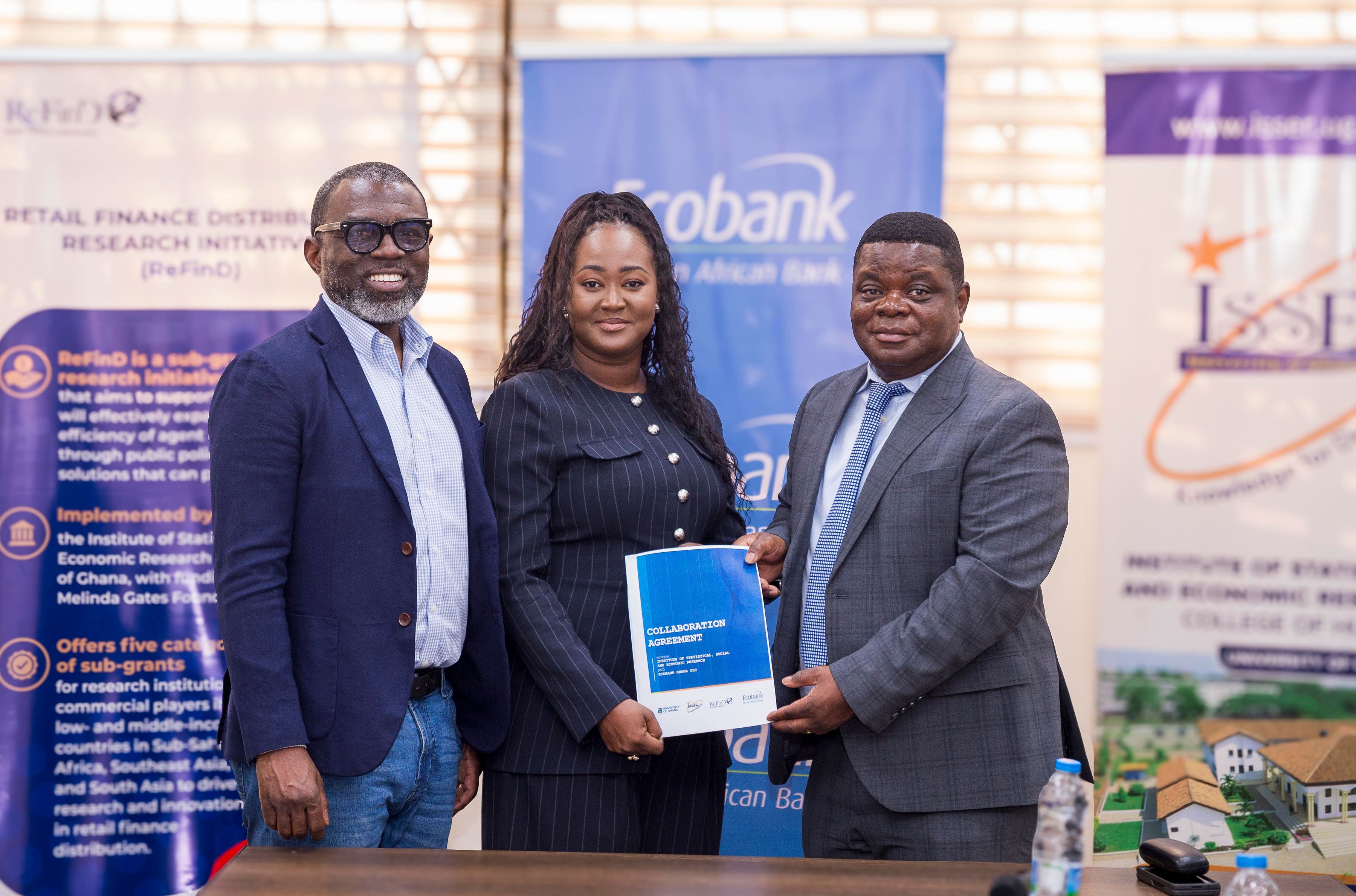Sub-Grants
ReFinD offers five categories of sub-grants, ranging from USD 5,000 for proposal development to USD 450,000 for large-scale greenfield evaluations. These grants support innovative research projects aimed at expanding digital financial inclusion and improving retail finance distribution networks.
💡 Turning Ideas into Impactful Research
Funding Amount: $5,000
Purpose: To cover time/resources to develop proposal for a pilot, natural experiments, extensions, or greenfield evaluations.
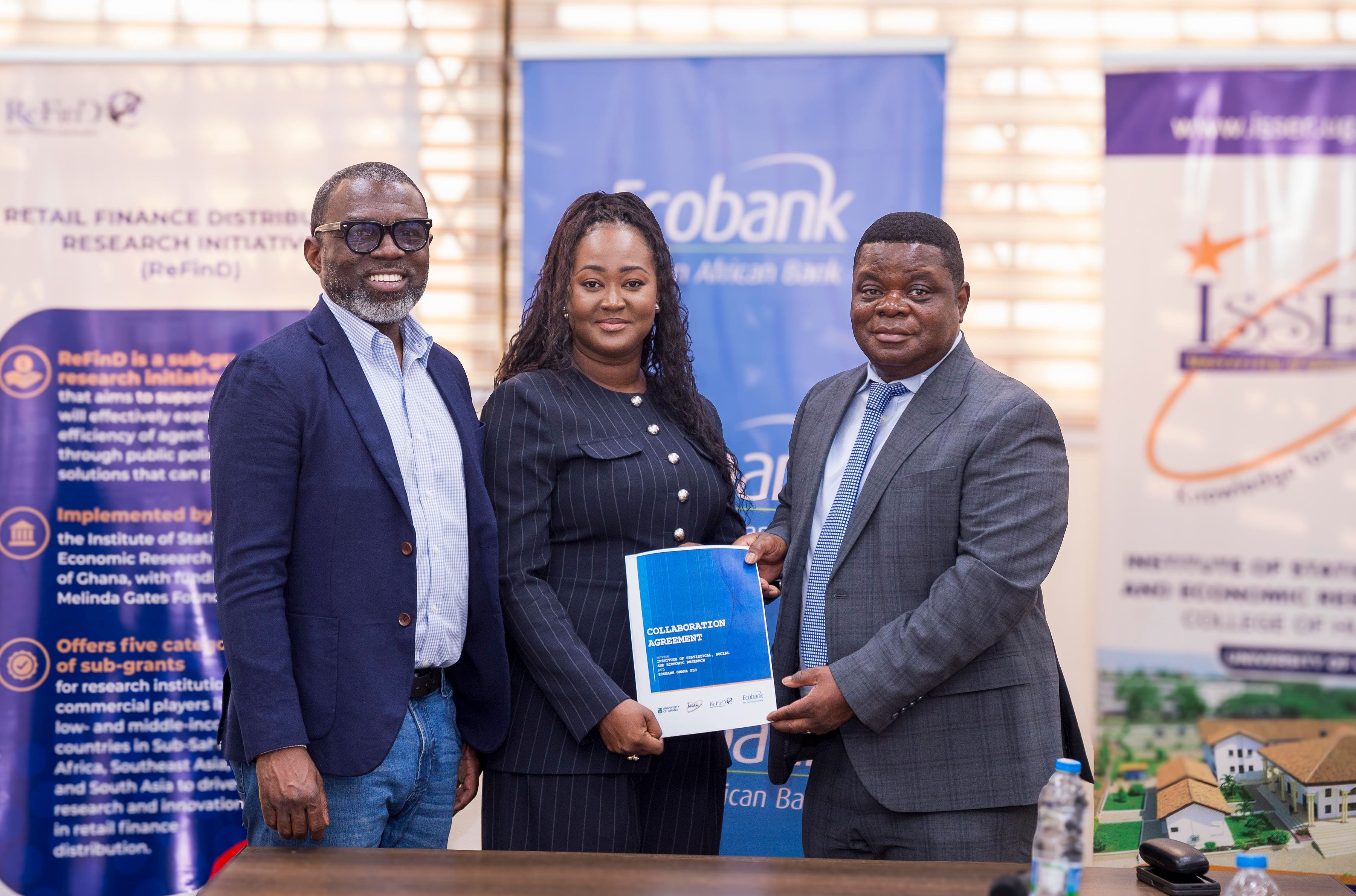
🚀 Testing Innovations for Financial Inclusion
Funding Amount: $40,000 – $60,000
Purpose: To conduct 3-12months pilot studies aimed at developing and testing interventions, and methodologies that can be scaled into full research projects.
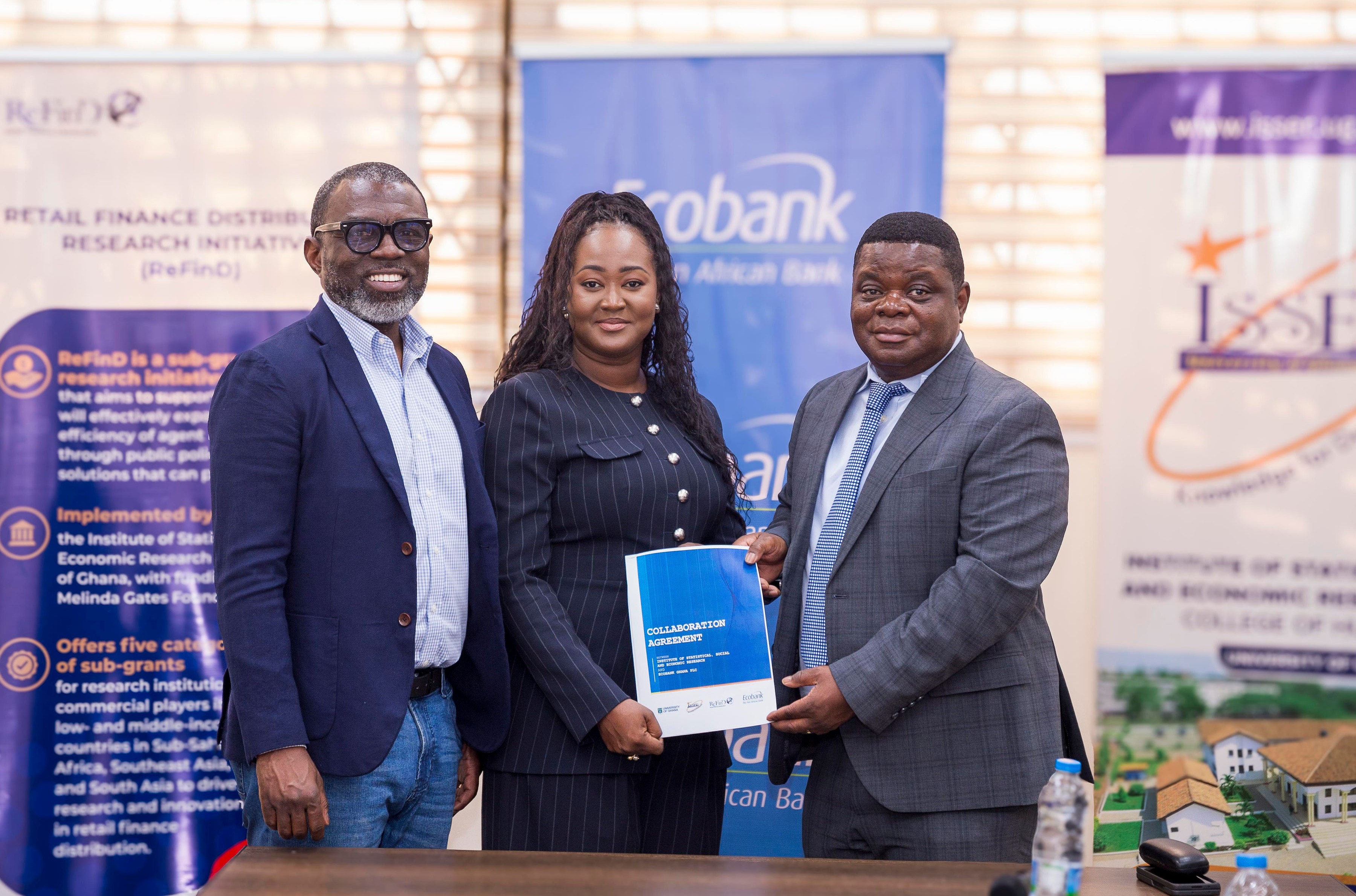
🔍 Real-World Insights from Policy Changes
Funding Amount: $40,000 – $60,000
Purpose: To conduct quasi-experimental research, such as utilizing variation from a regulatory change that enables observation of differences between individuals or regions exposed to the change and those not exposed to it.
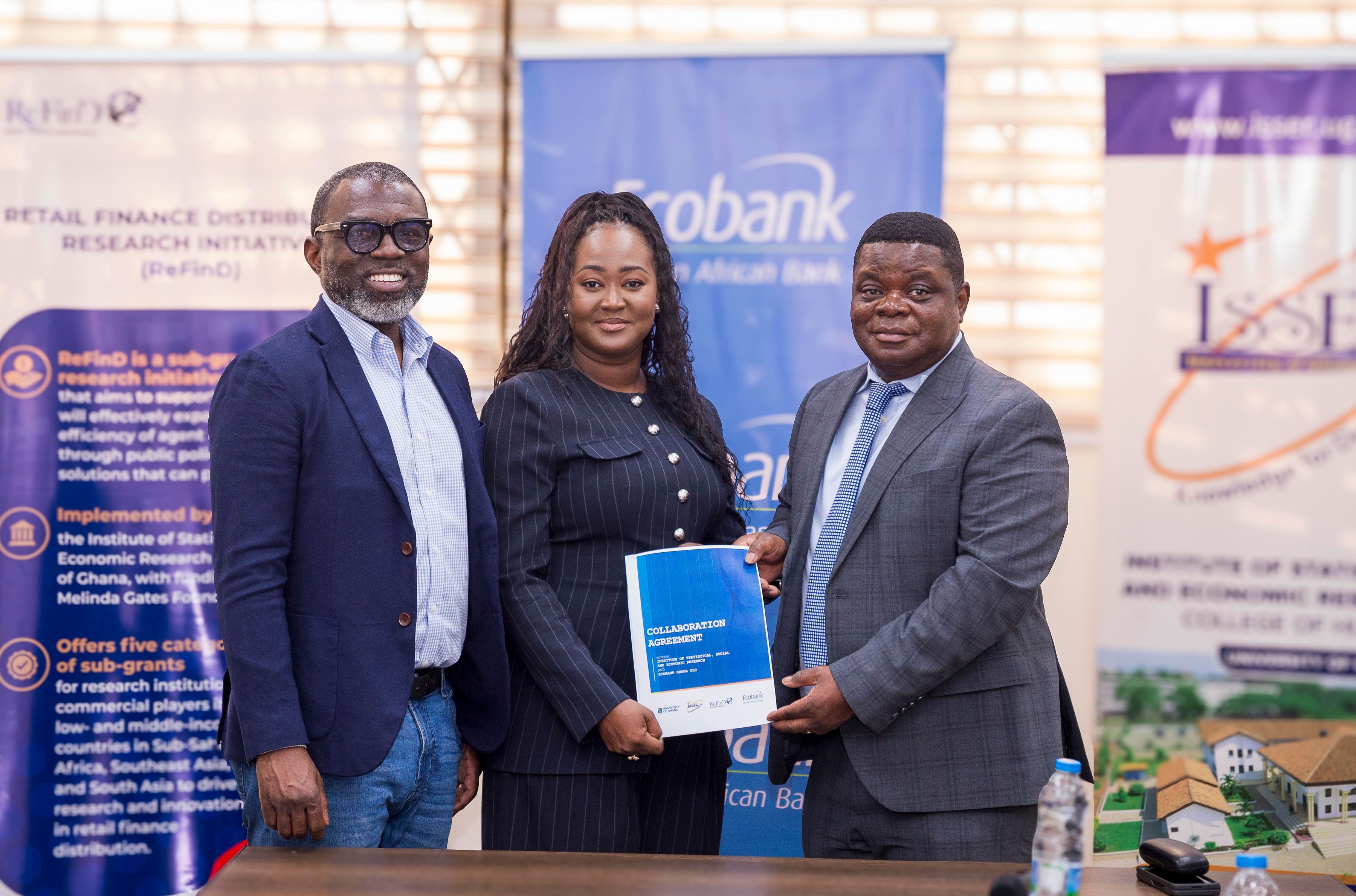
Funding Amount: $100,000 – $125,000
Purpose: To undertake components of an ongoing experiment (e.g., endline data collection) , expand or conduct follow-on activities associated with a completed research/experiment.
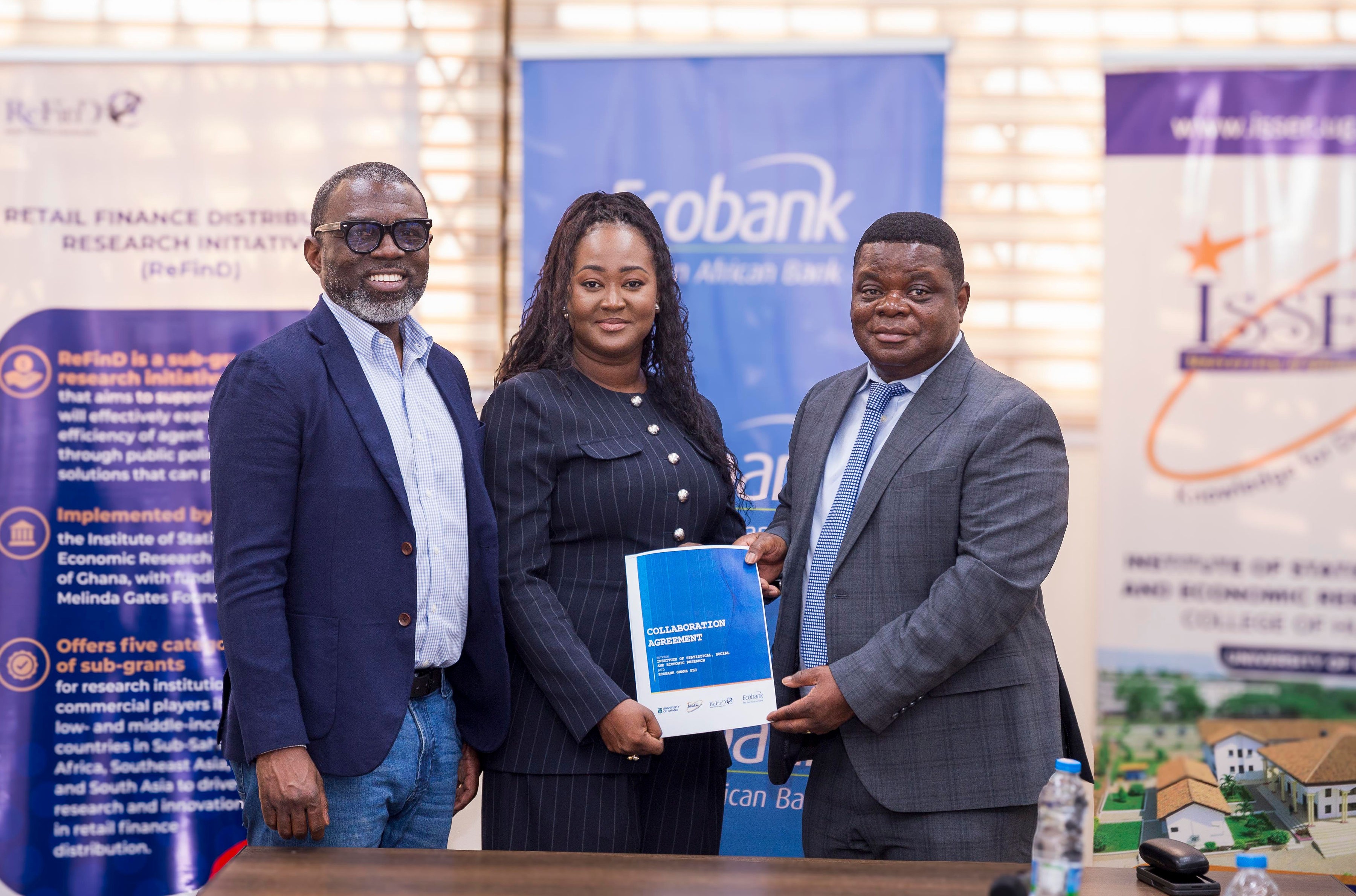
🌍 Scaling Solutions for Global Impact
Funding Amount: $250,000 – $450,000
Purpose: To conduct rigorous impact evaluations, working with treatment and control groups with larger interventions for a period of up to 3 to 4 years.
